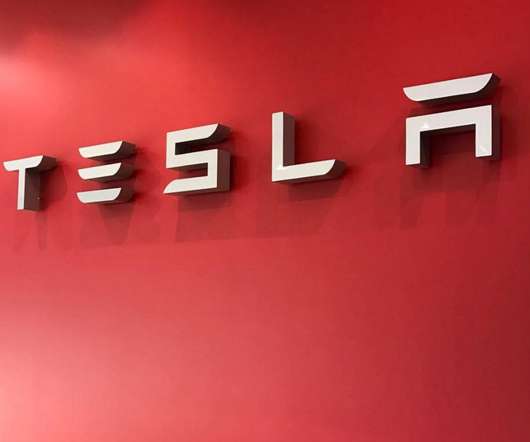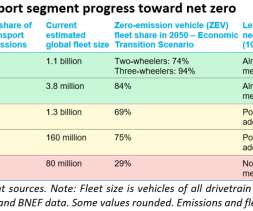Tesla had lowest tailpipe CO2 emissions & highest fuel economy in 2021 EPA Auto Trends report finds
Teslarati
DECEMBER 13, 2022
Tesla had the lowest tailpipe CO2 emissions for 2021, a new report published by the U.S. The EPA released its annual Automotive Trends report, and findings reveal that Tesla is leading the way with the lowest tailpipe CO2 emissions and the highest fuel economy of all large manufacturers.










































Let's personalize your content